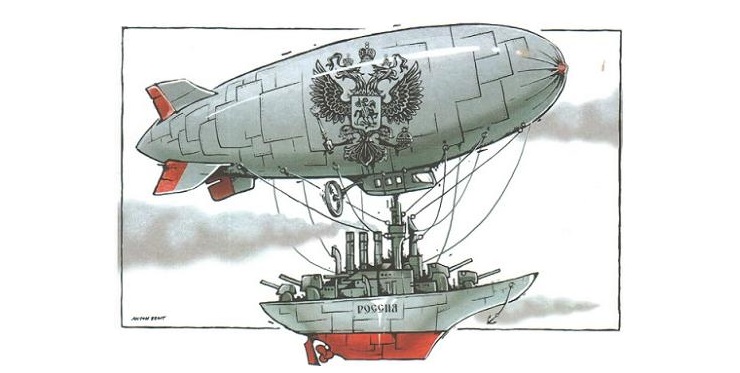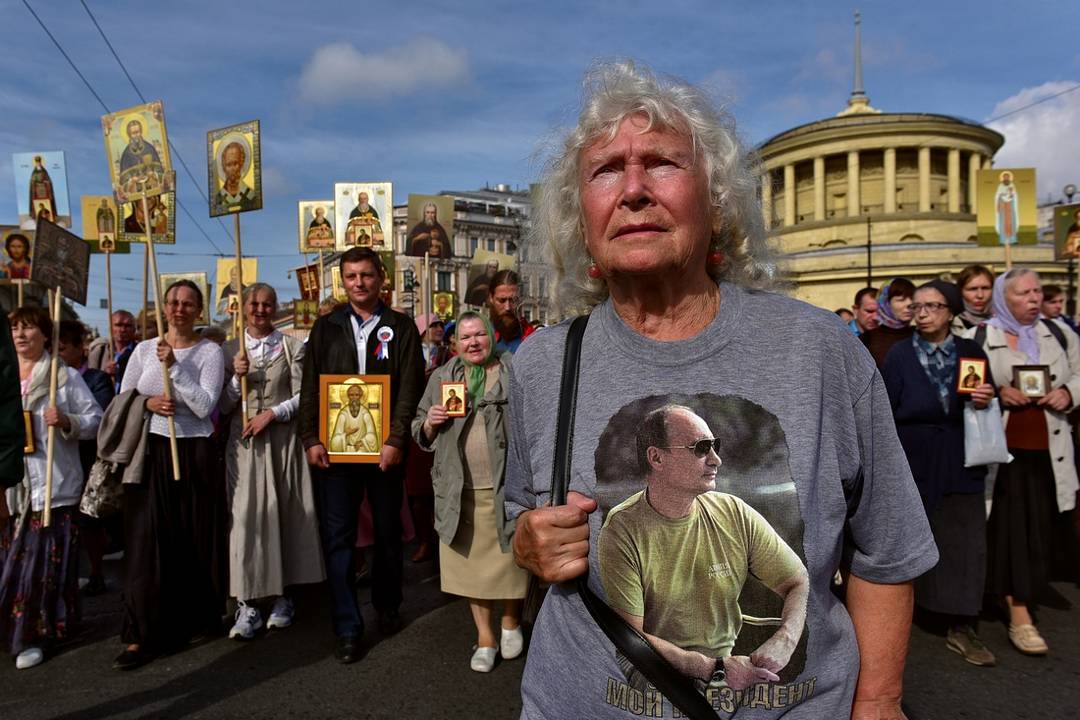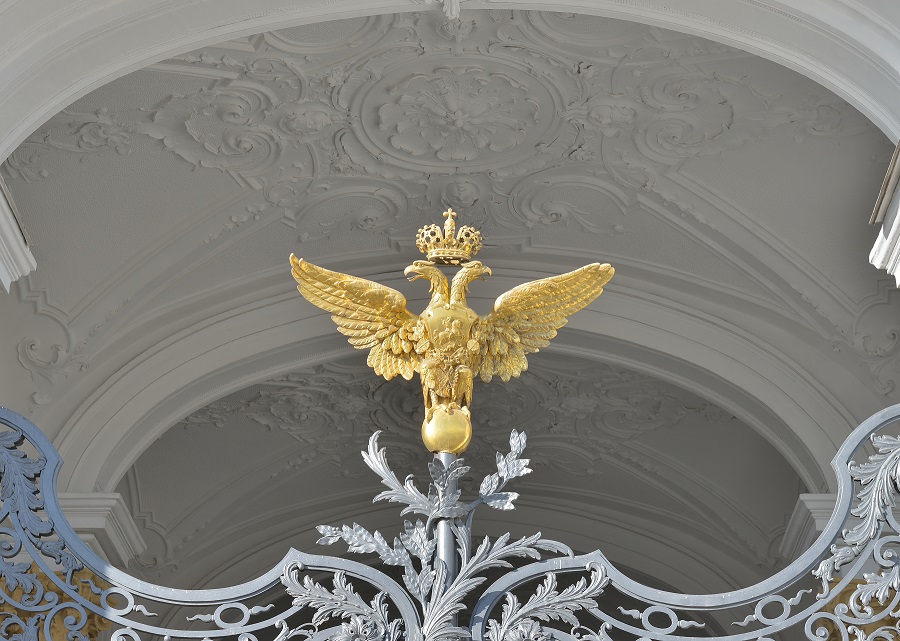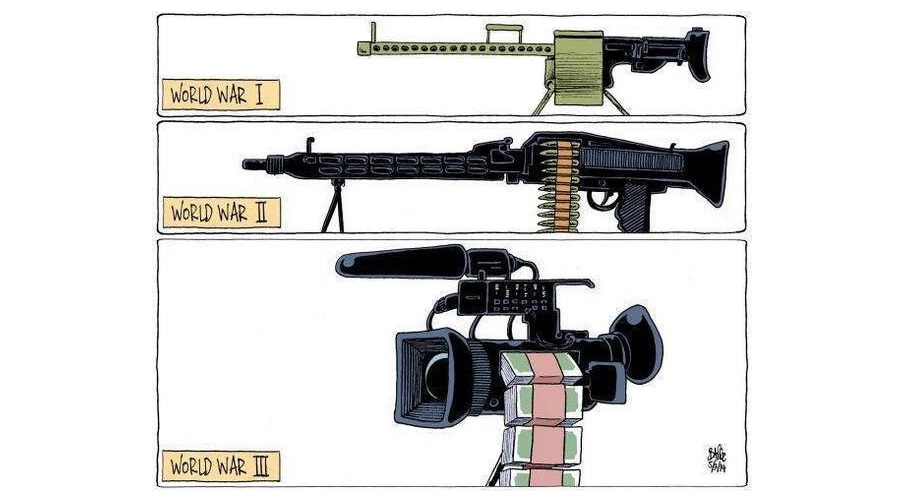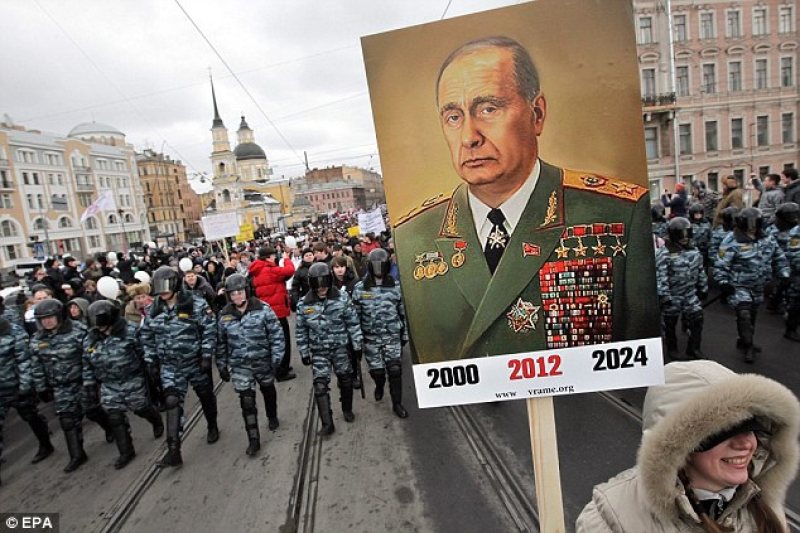Far too many people in Russia and the West are prepared to accept the notion that Moscow does not have an ideology because it has not promulgated a written doctrine, but in Russia, Irina Pavlova argues, it is actions not words that matter – and the former show that Vladimir Putin’s regime has had an ideology for a long time.

That ideology, the US-based Russian historian says, is best encapsulated in the Russian word “velikoderzhaviye,” which one can translate into English as “great power chauvinist imperialism” and has broad popular support among Russian elites and the Russian people.
This ideological position is “traditional Great Russian chauvinism cleansed from communism and clothed in Orthodox dress.” In this form, Pavlova says, “it unites the powers that be, the elite, including the liberal wing … the people of Russia and even a significant portion of progressive society” beyond the borders of Russia.
According to this ideology, she continues, “Russia is surrounded by enemies and must assert its status in the world as a great power.” That is a position an overwhelming portion of the Russian population supports and hence backs the regime. It is why one can say, “’scratch’ a Russian and you’ll find a great power chauvinist.”
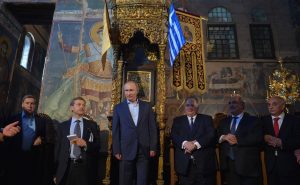
This concept has its roots in the notion of “Moscow as the third Rome,” which was invented by the monk Philophey in the early 16th century. “Over the course of centuries, this idea was transformed into an ideology, and today it is completely justified to speak already about Russian fundamentalism.”
According to Pavlova, the idea has four main aspects:
- The view that the Russian people is the bearer of a special morality and a special feeling of justice
- The denial of the spiritless West as a model of social development
- The vision of the future of Russia as an empire
- Certainty about its special historical mission.
As in Soviet times, she points out, “the Russian authorities today are ready to carry the values of their civilization to the rest of the world. Whether the world needs these values, [of course], is another question entirely.”
And while Pavlova does not mention it, the bombastic quality in which this ideology is expressed is the flip side of a fundamental insecurity among Russians about their place in the world. One indication of that is the obsession of the Russian media with what the rest of the world is saying about Russia.
Every week “Kommersant-Vlast” publishes statistics on how many media outlets beyond the borders of Russia have mentioned Russia during the previous seven days. Last week, this figure was 1.24 percent. To gain some perspective on the insecurity this highlights, imagine the New York Times or the Washington Post doing the same on a regular basis about mentions of the US in foreign media.
Related:
- Kerch bridge emblematic of new Russian imperialism, Kazarin says
- Rabid Russian imperialism and anti-Americanism feed worldview of key Kremlin strategist
- Russian imperialism: Only a bary majority of Russians wants Russia to stay within its current borders
- New "old" Russian imperialism and hybrid wars -- a historical overview
- The microbe of imperialism
- Seven reasons why Putin's war in Ukraine is a turning point in Russian and world history

